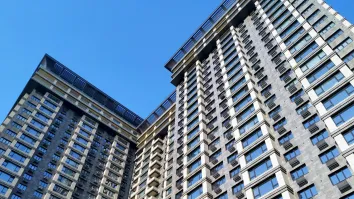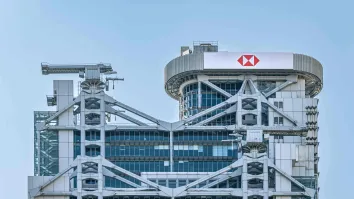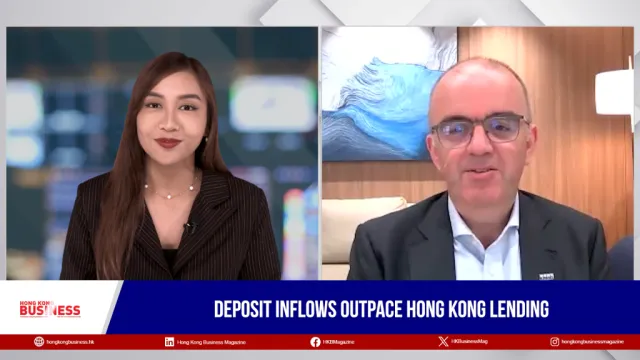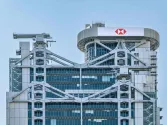Hong Kong property prices plunge amidst rising foreclosures
Banks are moving to recover missed mortgage payments.
Hong Kong’s property market faces mounting pressure as asset values continue to plummet, driving a surge in foreclosures over the past two quarters. Experts cite escalating interest rates, weak occupancy, and geopolitical tensions as the primary reasons behind the decline, with further challenges on the horizon.
“It’s really a perfect storm at the moment,” said Colin Galloway, Principal Author and Consultant at the Urban Land Institute. “Hong Kong commercial property prices have been the most expensive nature pack for many years. Beyond that, we have interest rates that are tied to the U.S. So we’ve seen a direct one-on-one correlation between U.S. interest rate rises, which have been going very quickly up, and those in Hong Kong.”
The U.S.-driven interest rate hikes have intensified financial strain, particularly for commercial property investors. According to Oscar Chan, Head of Capital Markets at JLL Hong Kong, “The interest rate will be up to 6%, and also, of course, another factor is the rent is dropping as well. That means that the rent every month cannot cover the interest, which makes a lot of defaults and which makes the value drop as well.”
Efforts to mitigate the rise in foreclosures have largely been market-driven, with limited intervention from the government. “It’s not as if the government can really do very much, although the government has been in the guise of the Hong Kong Monetary Authority pressurising banks to clean up the books,” Galloway said.
Chan highlighted a phased approach taken by banks before initiating foreclosures. “Before, so-called official foreclosure meant receivership, they usually…helped the borrower to find a buyer at a suitable price,” he said. He predicted an increase in receivership cases by 2025 as defaults continue to rise.
Plummeting asset values, geopolitical uncertainty, and slow interest rate declines have left investors wary. “In terms of the foreign investors, you’re really not seeing any activity,” Galloway said, attributing the hesitation to geopolitical issues tied to Greater China and the lack of market stability. “We’ve probably seen 40 to 50% haircuts on a lot of property prices…once investors see a bottom is in place, then they’re more likely to come in. But we haven’t reached that point yet.”
Local investors, too, are highly selective. “They are very picky, unless the property gets a very attractive return, or otherwise, they will just wait and see,” Chan noted.



















 Advertise
Advertise







Commentary
2026 biotech playbook: Hong Kong at the centre of China’s globalisation
Navigating Hong Kong’s regulatory landscape: a challenging and rewarding endeavour
Wellness craze: Emerging growth for commercial space